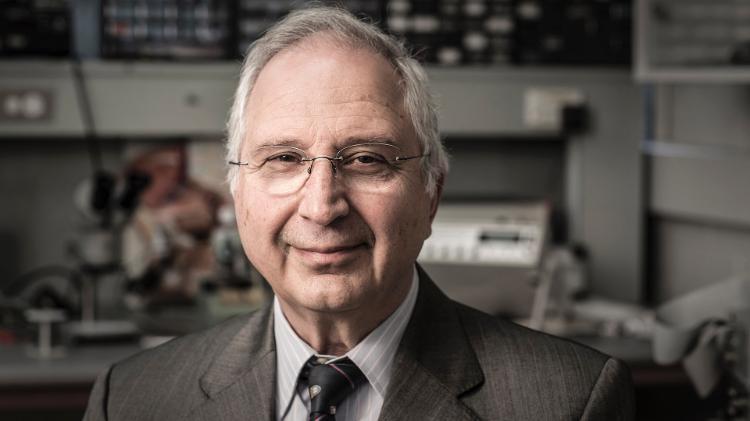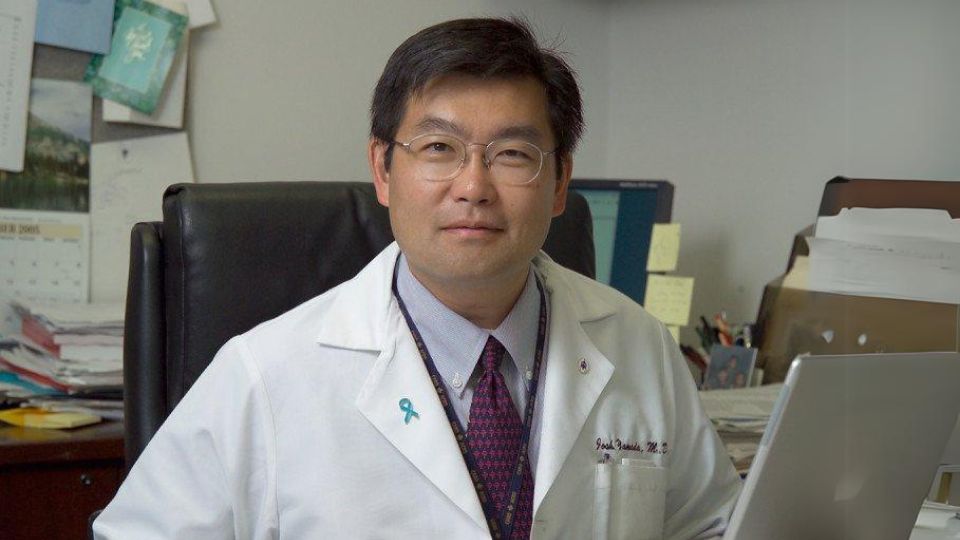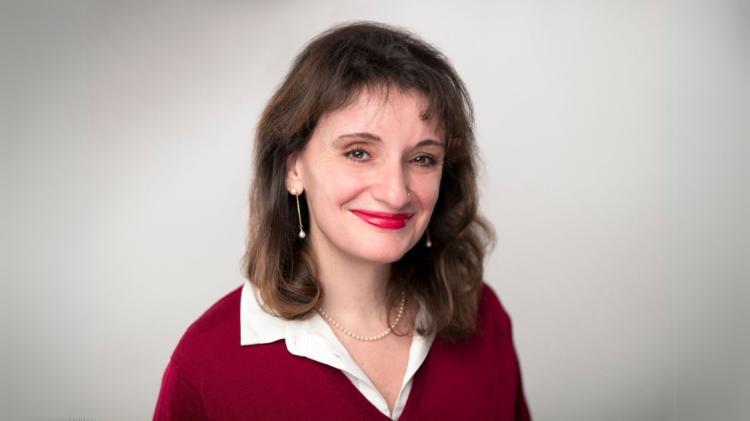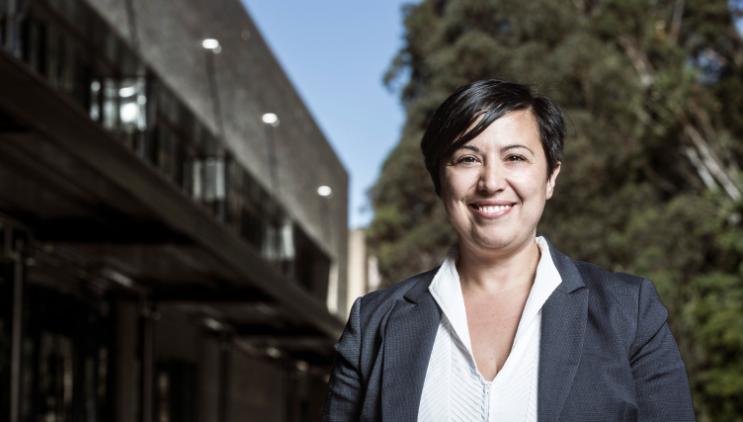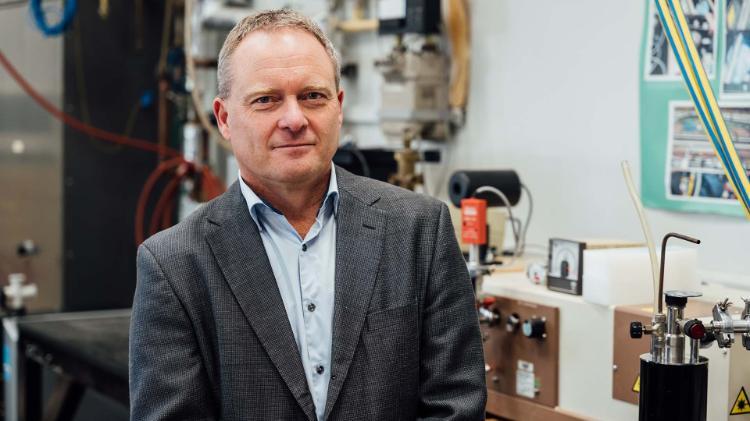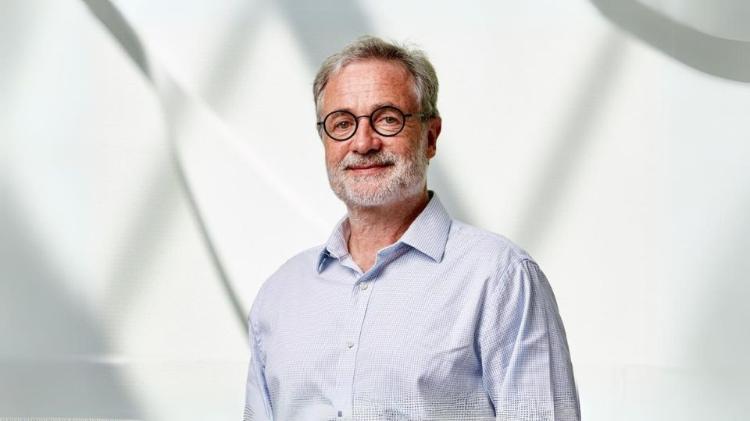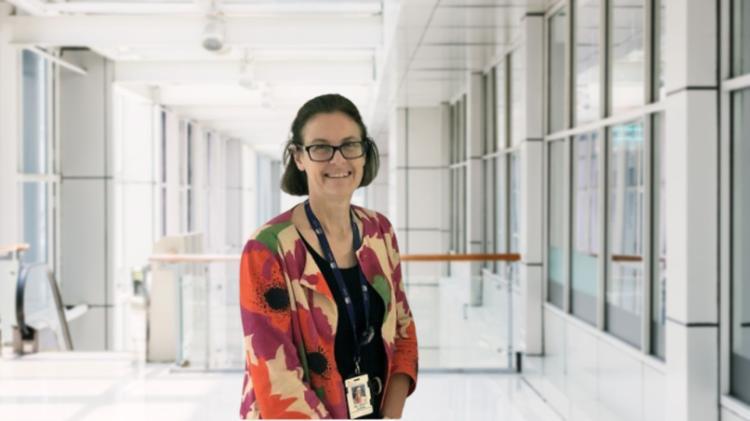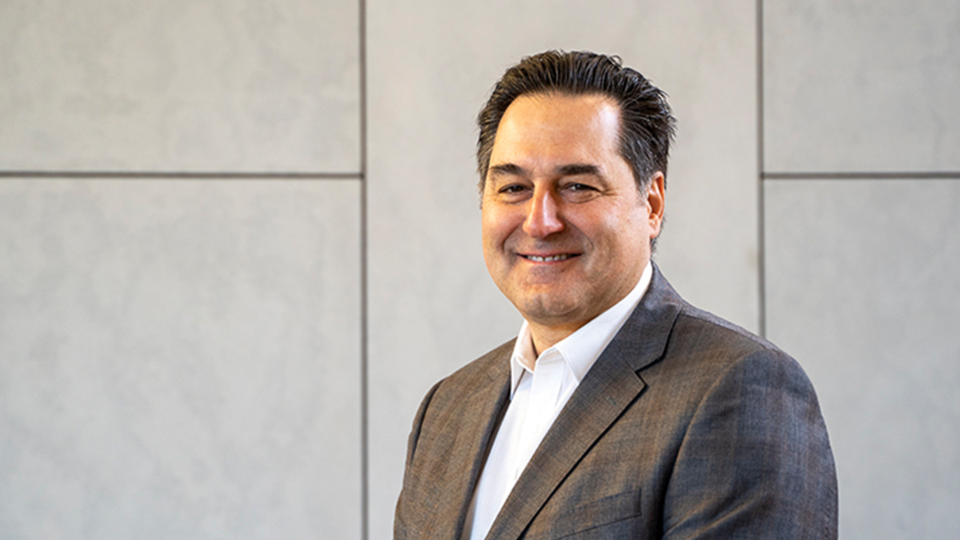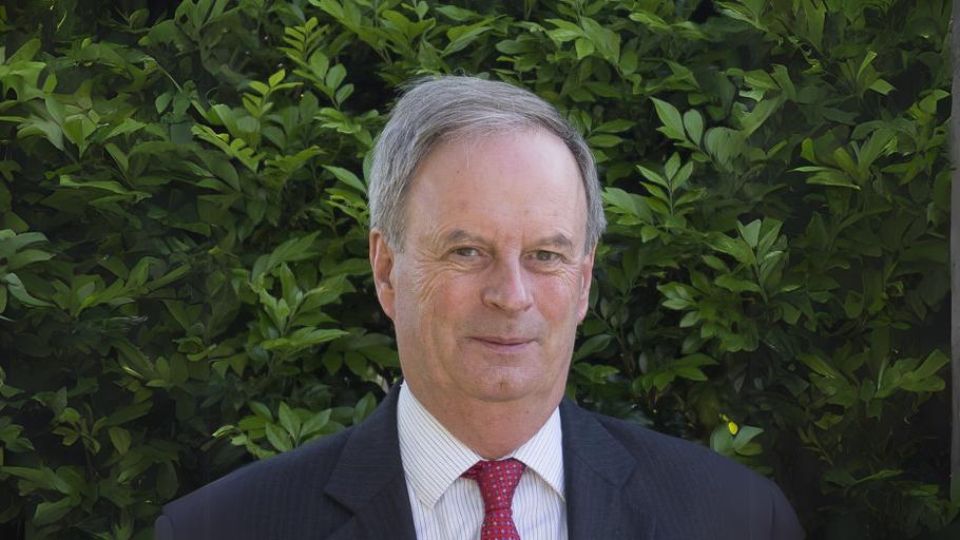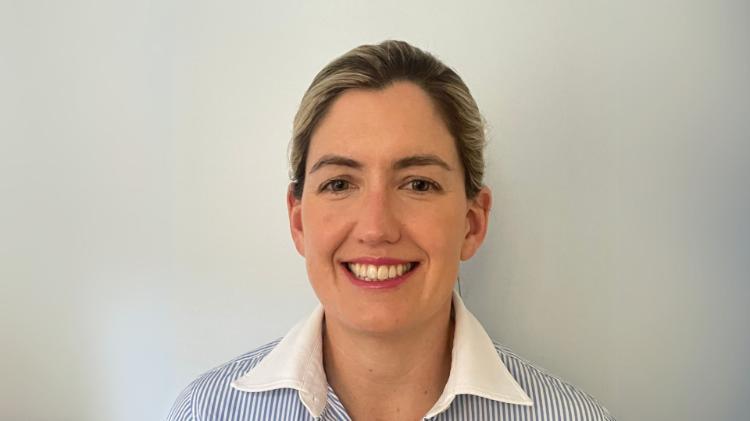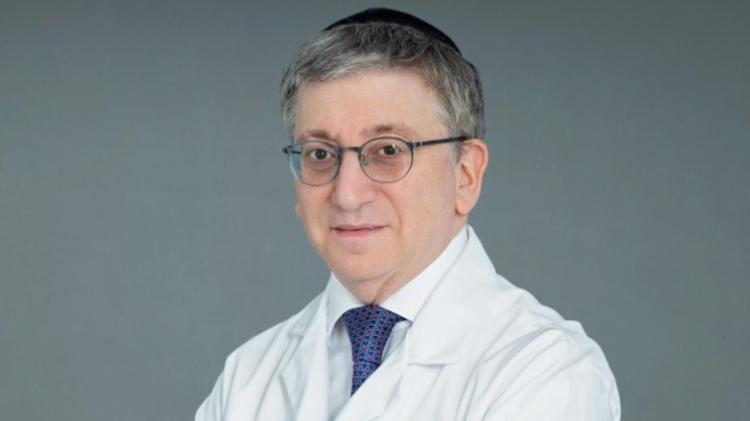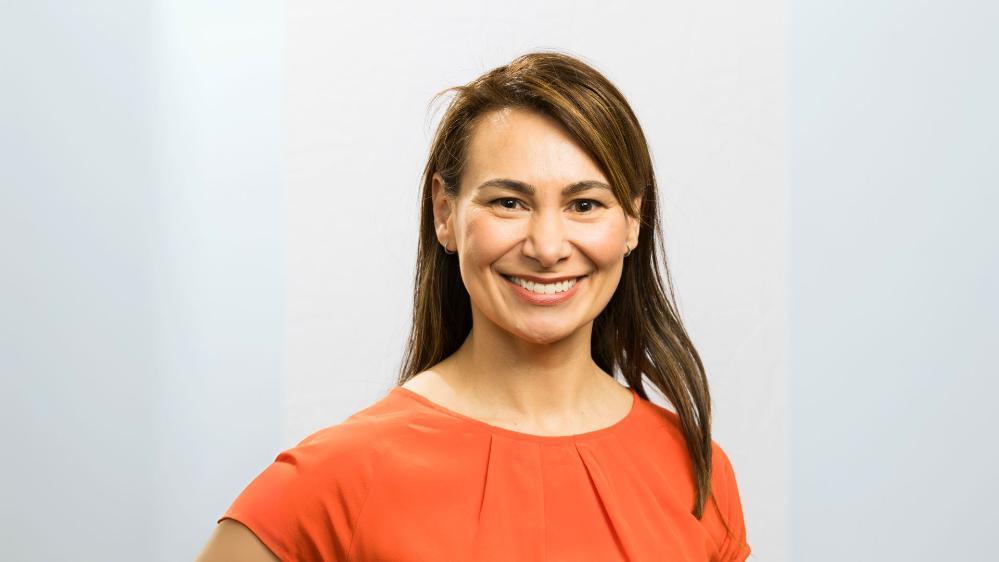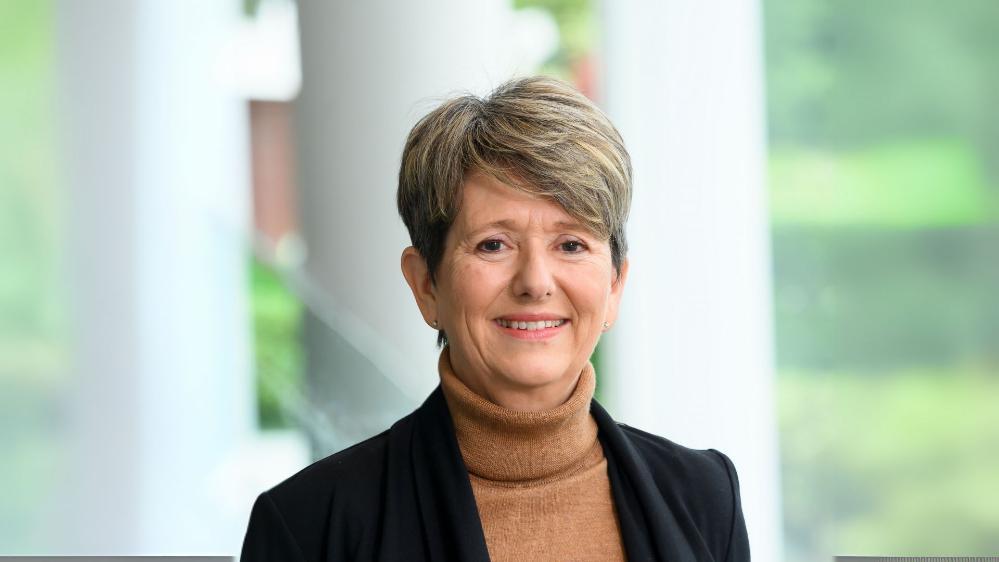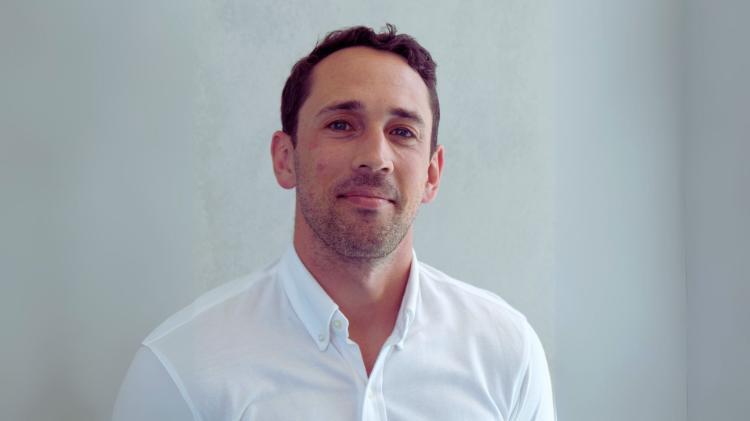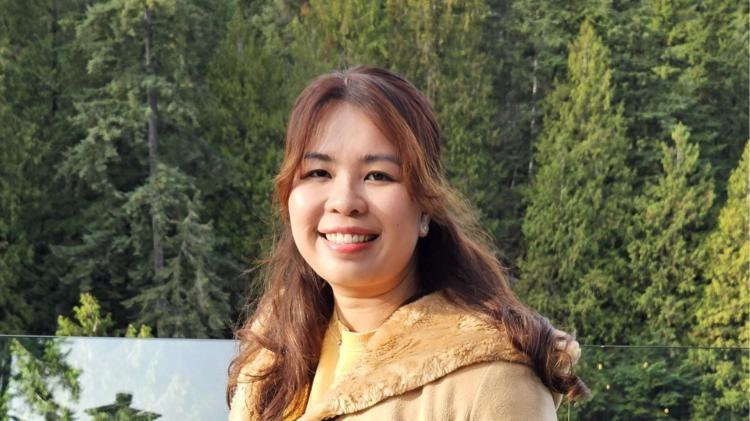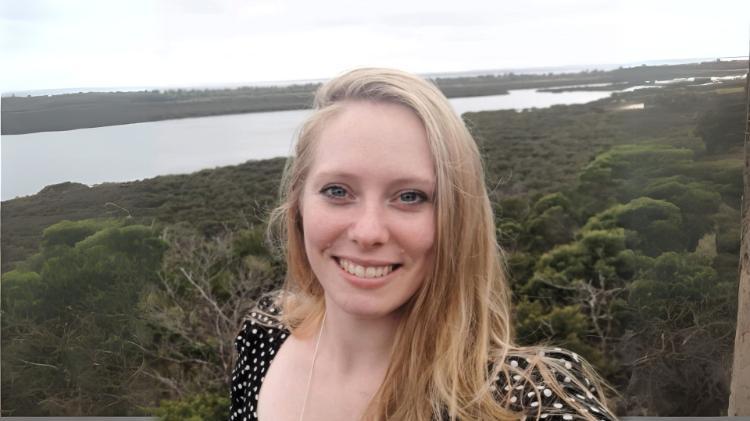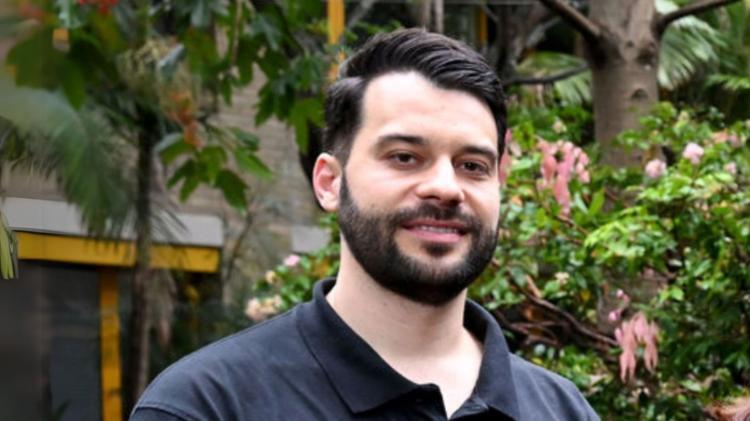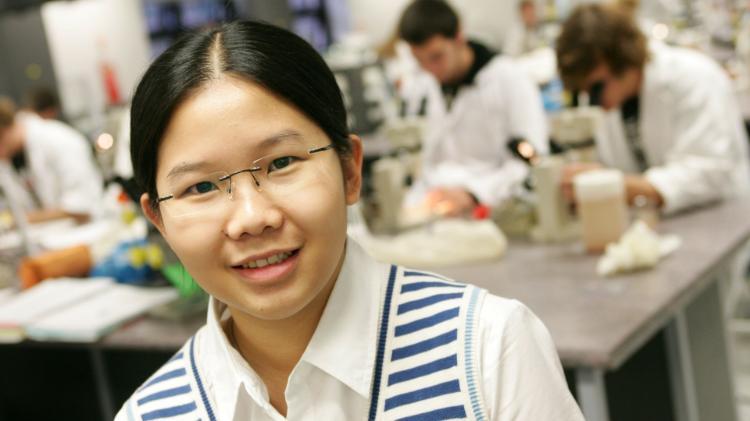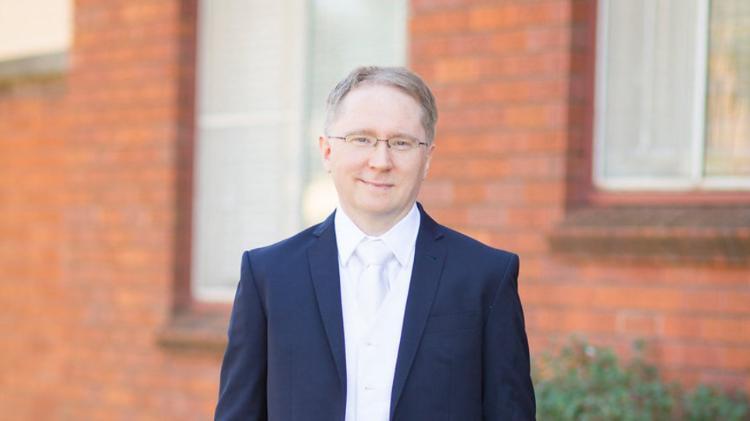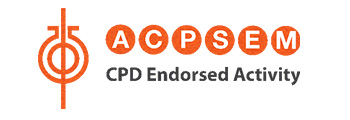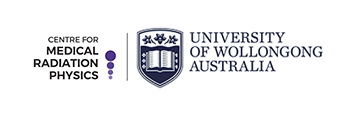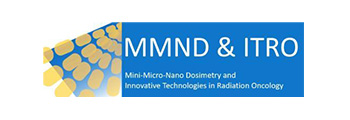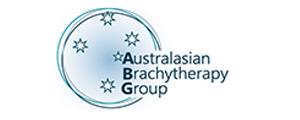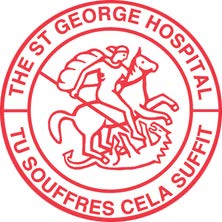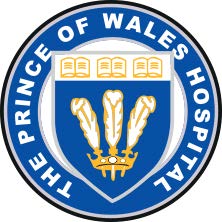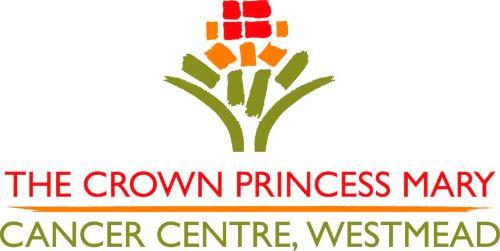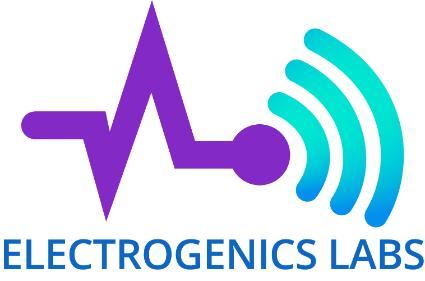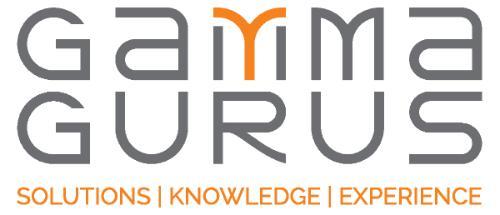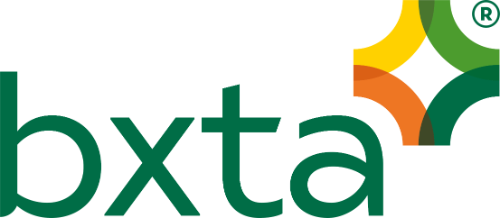Join us to celebrate the 25th anniversary of CMRP and MMND-ITRO
Continuing the series of biennial meetings, the Mini Micro Nano Dosimetry (MMND) will bring together international and Australian radiation oncologists, medical physicists, radiation scientists and nanomedicine experts. Presentations at MMND will focus on new achievements in the radiobiology of radiation therapy including particle therapy and synchrotron MRT, FLASH radiotherapy, radiomics and artificial intelligence as applied to radiation therapy and imaging, radiation detectors for advanced dosimetry and microdosimetry in radiotheraphy, diagnostic imaging and diagnostic radiology for physicists including trainees (DIMPs).
Innovative Technologies in Radiation Oncology (ITRO) is devoted to the clinical implementation of new technologies in X-ray therapy, brachytherapy and particle therapy. ITRO will be focused on “Modifying the Biologic Response with Modern Radiotherapy”, "Reirradiation" and "Toxicity Avoidance". This will include new radiation sensitisers/targeted drugs, flash RT, fractionation schedules, imaging response and particle therapy.
A special Brachytherapy Day "New Technologies in Brachytherapy" will be as a joint ITRO-ABG event.
We look forward to seeing you in Sydney, Australia for MMND-ITRO 2025, which will provide a unique multidisciplinary forum to discuss advances and future developments in radiation medicine.

